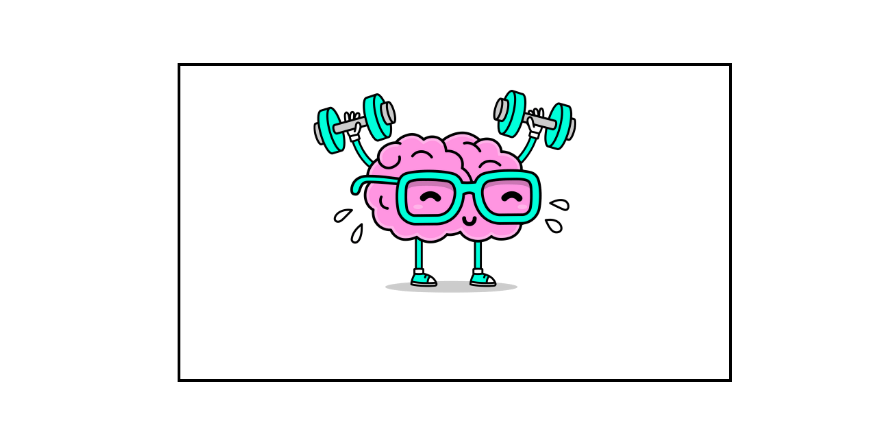As we age, the health of our brains becomes increasingly important, and Alzheimer's disease and other dementias can be a concern. However, emerging research suggests that certain lifestyle choices and cognitive practices may contribute to brain health and potentially help ward off Alzheimer's and other dementias. In Canada, January observes Alzheimer's Awareness Month, so let's take a look at some proactive strategies that empower your mind and support cognitive well-being.
- Mindful Eating for Brain Health: A nutrient-rich diet can be a powerful ally in maintaining a healthy brain. Foods rich in antioxidants, omega-3 fatty acids, and vitamins E and B have been associated with brain health. Incorporate a variety of fruits, vegetables, fish, nuts, and whole grains into your diet to provide essential nutrients that support your brain.
- Stay Physically Active: Regular physical exercise doesn't just benefit your body, it also has benefits for your brain. Aerobic exercises such as walking, jogging, or swimming, have been linked to a lower risk of cognitive decline while at the same time, encouraging blood flow to the brain which enhances overall cognitive function.
- Mental Workouts: Exercise Your Brain: Keep your brain active and engaged through mental exercises. Solve puzzles, crosswords, or play strategy games that challenge your brain. Learning new skills or taking up new hobbies can also stimulate different areas of your brain, creating a cognitive reserve that may offer protection against Alzheimer's.
- Get Your Sleep: : Adequate and quality sleep is crucial for cognitive health. Aim for 7-9 hours of sleep each night, and establish a bedtime routine that promotes restful sleep, contributing to your brain's overall well-being.
- Social Engagement: Maintaining strong social connections is not only good for your emotional well-being but also for your brain. Engage in social activities, spend time with friends and family, and participate in community events. Social interaction stimulates the brain and may contribute to a lower risk of cognitive decline.
- Manage Stress: Stress can have negative effects on both mental and physical health, including an increased risk of cognitive decline. Practice stress management techniques such as meditation, deep breathing exercises, or yoga to promote a calm and resilient mind.
- Continuous Learning: Challenge Your Brain Regularly: Lifelong learning is a key aspect of cognitive health. Enroll in courses, attend workshops, or pursue activities that challenge your brain. The process of acquiring new knowledge and skills can build cognitive resilience and contribute to a healthier brain. Markham Public Library has many resources that could help. From programs to books to online courses. we have something for everyone. www,markhampubliclibrary.ca
While there is no guaranteed method to prevent Alzheimer's, adopting a brain-healthy lifestyle can contribute to cognitive resilience and overall well-being. By prioritizing a nutrient-rich diet, staying physically active, engaging in mental exercises, fostering social connections, managing stress, embracing continuous learning, and making mindful choices, you empower your mind to face the challenges of aging with vitality and strength. Remember, it's never too early or too late to start nurturing your brain health.



Add a comment to: Strategies to Strengthen Your Brain